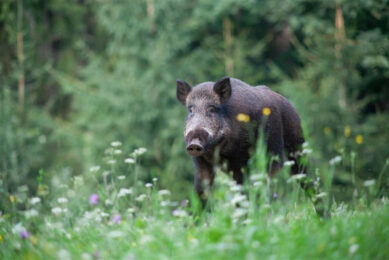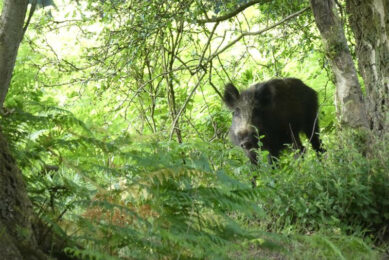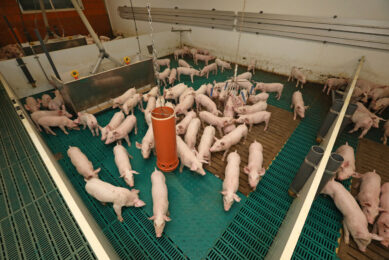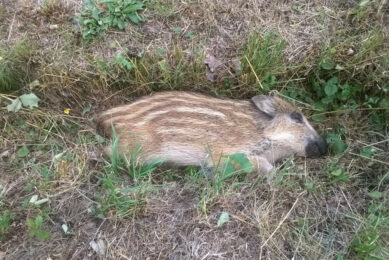A genetic approach to disease prevention
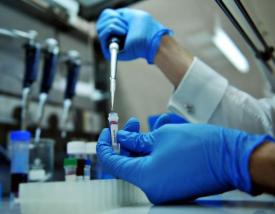
For almost every animal disease that has been intensively and carefully investigated, evidence has been found for host genetic variation. Some animals are more resistant or more tolerant to the disease than others. Knowledge of these genetic differences and marking them could make disease control more efficient in the future.
By Emmy Koeleman
©
The area of “Breeding for Resistance” starts with knowing the basis: the DNA. Pig genetic maps have been developed internationally. But the major mapping goal over the last decade has been to identify pigs with genetic alleles (alternative forms of a gene) that result in better pork meat quality, growth and improved reproductive traits. This has resulted in the development of molecular genetic tests that are now being used for selecting pigs with improved traits. Yet, for disease work, there has been limited progress.
©
The RePoRI project
But great work is being conducted by German researchers in the field of trying to define genetic markers associated with immunity and disease resistance. These efforts are part of the project RePoRI, a network of co-operating research facilities*. This consortium is a follow-up project of IRAS (Infection and resistance in the respiratory tract of swine) and is granted by the Federal Ministry of Education and Research of Germany. The hypothesis of the IRAS project was to find out whether it is possible to generate genetic markers which allow breeding of animals with improved lung health. In the follow up project RePoRI, the aim is to actual develop these markers for the resistance against infections of the respiratory tract of swine. Respiratory tract infections are of major importance for the pig industry and one possibility of limiting the spread of respiratory tract disease may be the breeding of pigs with increased resistance to respiratory tract pathogens.
©
Finding the genes
The researchers have set out the information and tasks that are needed for developing functional genetic markers against respiratory infections in pigs. One of them is QTL analysis and identification of possible candidate genes. Most traits in livestock are controlled by multiple genes (located near each other on the DNA). Disease resistance can also be controlled by several genes and it is therefore important to identify the location of these genes – derived from the so called quantitative trait loci (QTLs). The project will also involve breeding of a segregating F2 family from two pig breeds differing in susceptibility to Actinobacillus (A.) pleuropneumoniae and expression analysis of the lymph nodes and/or lungs in the most extreme quartiles.
©
Unwanted adverse effects
The researchers already have established a panel of informative microsatellite markers for A. pleuropneumoniae in F2 pigs. This information is promising and could be integrated with non-genetic approaches to pig health management in the future. I think that – when used effectively – genetic and non genetic approaches in animal disease management can complement each other and reduce the risks of any one component breaking down. But most infectious disease mapping studies are difficult, as a lot of data is needed over a long period of time. When animal disease markers for selection in breeding programmes are being used, a thorough investigation is required to avoid unwanted adverse effects on wanted traits. For example: how will production traits be affected by selection for disease resistance and would selection for faster recovery from disease be an advantage? Time will tell…..
©
* Institute for Microbiology, University of Veterinary Medicine Hannover, Clinic for Swine, University of Veterinary Medicine Hannover, Max-Planck-Institute for Molecular Genetics, Berlin,©Clinic for Swine, Justus-Liebig- Universität Gießen, RG OE6710, Hannover Medical School, IVD GmbH, Hannover©and ATLAS Biolabs GmbH, Berlin.
©
©
©



